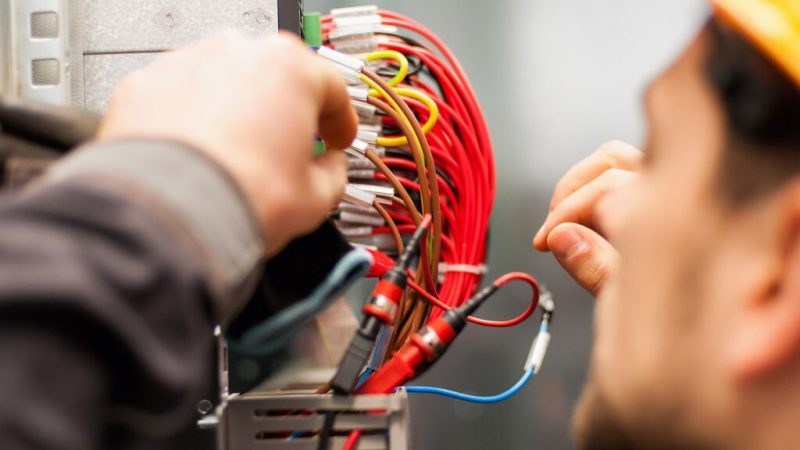Buying a house is a huge, exciting process. Many things have been done, but there’s much more to do. And some important factors like electricity can be overseen while you’re overwhelmed with excitement. But not checking some essential items may cost you in the future.
A security check is 100% necessary, and if you don’t have anyone with you who knows how a ‘healthy’ service panel looks, call a local electrical contractor. They should provide services including such check-ups. Having a professional look at the house from ‘an electrical point of view’ will save you a lot of money, stress, and health!
Below are the TOP 5 electrical items to check when buying a new house.
Table of Contents
1. Electrical Service Panel
This element will show you not only the integrity of the house’s electrical system but its age as well. You may have heard other dates when looking at the house for the first time. Inspecting the service panel establishes whether the whole system is stable and safe.
Keep in mind that the longevity of a panel is around 30 years. You must replace it if more time has passed. The construction might be OK but if one small detail breaks, the whole system may collapse.
2. Interior Outlets
Check every outlet to see if it’s in tight contact with a wall. If you see a loose one, it should be replaced or fixed as soon as possible. Also, look at every switch to make sure there are no similar issues. Any loose cords or exposed wires need to be fixed or replaced before you buy the house.
A professional contractor will be able to both identify a problem and resolve it.
3. Electrical Wires
If you’re buying an old house, chances are the wiring there is made from copper. It’s less durable than modern aluminum solutions. It’s your choice to leave if the wiring is old since it’s prone to breakage and malfunction.
Make sure the two types of wires aren’t combined into one system. They work differently and can be dangerous as a combination.
4. Wet Areas with Outlets or Appliances
Water near outlets, switches, or appliances is hazardous. We’re talking not about money losses but a real threat to the lives of everyone living in the house. Inspect all areas for wet stains, find out where the leaks come from, and ask the previous homeowners to deal with them.
5. Local Security Standards
Find out about the security standards of your city or state and make sure the whole electrical system of the house works according to them. Contact local institutions or, again, an electrician for help.
There may be more items to look at, depending on the type of house and its scale. Make sure you have a professional check every outlet and wire to be absolutely sure you’re going to live in safety and every appliance will work correctly.
If there are issues that can be resolved, negotiate the price. But this is a topic for another article!






